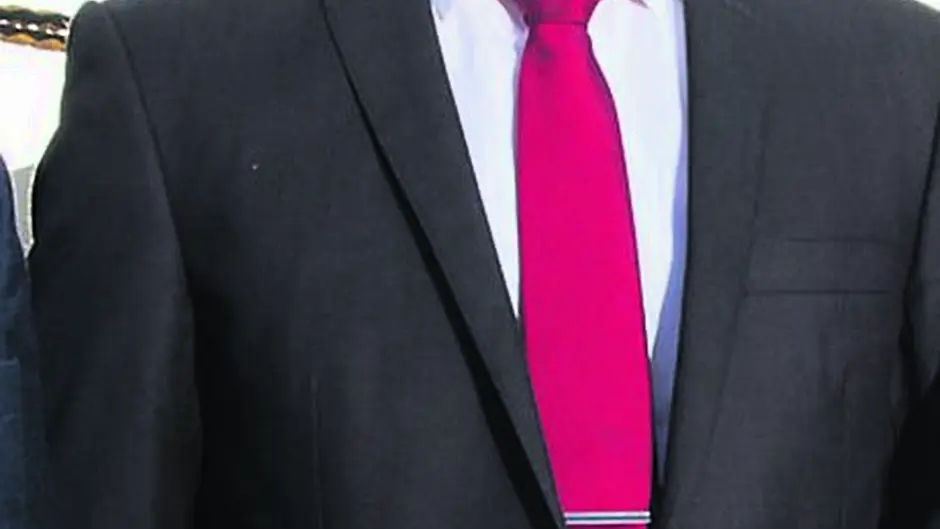A Clonakilty man has been appointed to head up a five-year €2m climate change project which will examine how to protect ourselves from rising sea levels.
A CLONAKILTY man has been appointed to head up a five-year €2m climate change project which will examine how to protect ourselves from rising sea levels.
Dr Gerard McCarthy will be at the helm of the research, which aims to better understand Ireland’s place on the edge of a changing Atlantic, and why we seem to be bucking global trends.
The project name A4 stands for aigéin (oceans), aeráid (climate), agus athrú Atlantaigh (Atlantic change).
Minister for Agriculture Michael Creed has welcomed the announcement of the €2m in funding from the Marine Institute and the European Regional Development Fund for the project of the ICARUS Climate Research Centre and Department of Geography at Maynooth University.
Dr McCarthy said: ‘Over the next five years, this project will target three areas in which substantial progress can be made including: ongoing Atlantic change, sea level rise, and decadal climate prediction. As a small island on the edge of a large ocean, Atlantic changes impact Ireland more than any other country.
‘When record global surface temperatures were reached in 2015, Ireland had below average temperatures due to a cool Atlantic. The reasons why Irish temperatures bucked the trend in 2015 requires a better understanding of Ireland’s place in a changing climate, and for this, we need to understand the changing Atlantic.
‘This important project, which I am delighted to be leading, will greatly assist in our overall understanding of this complex and fascinating area. The Atlantic’s future will differ from the rest of the world in response to a changing climate.
‘This is primarily because the Gulf Stream system of currents, which gives Ireland its mild climate, is predicted to weaken. The time is ripe to build upon the observations of Ireland’s ocean made by the Marine Institute over the past decades to understand Ireland’s place on the edge of the changing Atlantic.’
The project is an important element underpinning implementation of the Marine Institute’s Strategic Plan 2018-2022 ‘Building Ocean Knowledge, Delivering Ocean Services.’ The strategy aims to provide world-leading regional and localised forecasting outputs and services that support Ireland’s challenge in responding to changes in our ocean and climate.
Professor Ray O’Neill, vice-president for innovation at Maynooth University, said the project team will use advanced geological techniques to reconstruct Ireland’s sea level, and combine these estimates with the modern National Tide Gauge Network managed by the Marine Institute, to better understand how sea levels have been changing around Ireland and the edges of the Atlantic. The A4 project will bring the field of ‘decadal climate prediction’ to Ireland. This emerging field will lead to improved estimates of the future climate over the period of a decade by using the predictability of the ocean.
A recent report by the Intergovernmental Panel for Climate Change on the dangers of 1.5ºC warming highlighted many risks including that of sea level rise.
Dr McCarthy concluded: ‘Every nation needs to understand its own vulnerabilities to sea level rise as the effects are not the same everywhere.’








